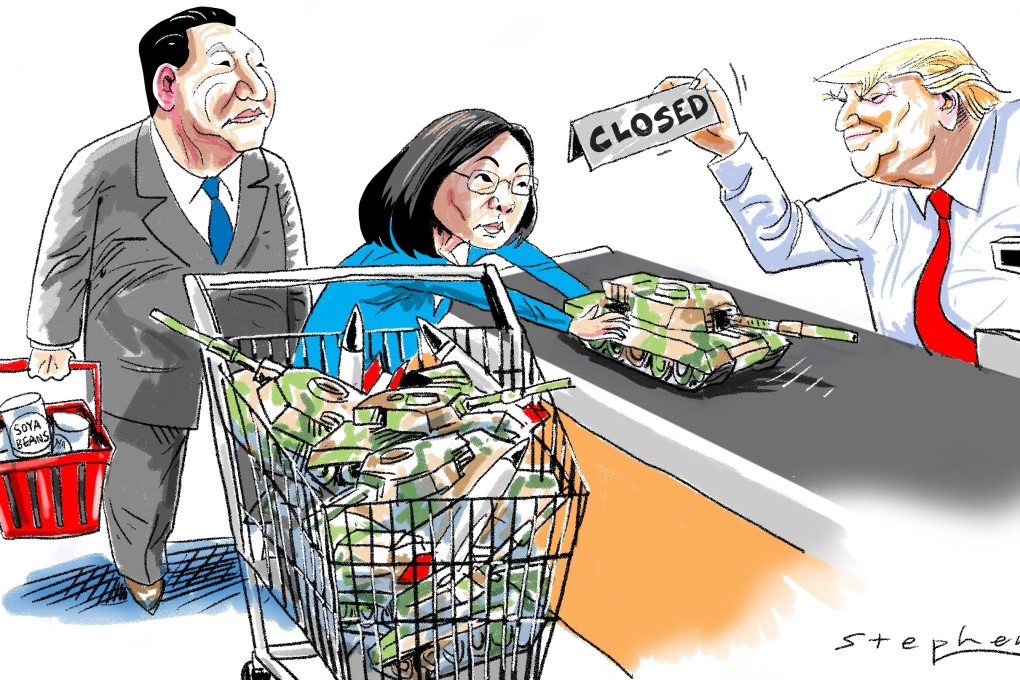Advertisement
Opinion | US arms sales shows Taiwan’s security is non-tradeable to the US and key to its Indo-Pacific strategy
- It is in the interests of both Taiwan and the US to hew to a force-deterrent policy to turn China towards a peaceful cross-strait reconciliation. For the US, it is also a sign to its allies of its dependability and commitment to regional stability
Reading Time:3 minutes
Why you can trust SCMP

The Trump administration has notified the United States Congress of its intent to sell 108 M1A2T Abrams tanks and Stinger missiles worth US$2.2 billion to Taiwan. While China has predictably reacted with outrage, this latest arms sale reflects rational calculations by Taipei and Washington, which concluded that this sale is firmly in their respective interests.
Importantly, the notification makes clear that Taiwan’s security is not trade-bait in a grand bargain between Washington and Beijing, but a notable indicator that the Trump administration is faithfully implementing its Indo-Pacific strategy.
Taiwan’s rationale to acquire new tanks and the air defences to protect them is clear. China’s military has modernised and expanded rapidly and President Xi Jinping has openly declared that the use of force to reunify Taiwan with the mainland remains a policy option.
Advertisement
Investments by the People’s Liberation Army (PLA) in amphibious vessels, heavy lift aircraft, attack helicopters, as well as long-range strike capabilities, make the invasion of Taiwan an increasingly realistic threat. To counter the PLA threat, it is necessary for Taiwan to modernise its legacy force and develop new asymmetric capabilities.
M1 Abrams tanks and Stingers, an improvement over the existing M60 Patton tanks bought in 1991, are intelligent military choices and an integral component of Taiwan’s “Overall Defence Concept”. The vision, by Taiwan’s Chief of the General Staff Admiral Lee Hsi-ming, emphasises asymmetric and innovative capabilities, mobility and survivability, and maximising Taiwan’s defensive advantages by improving its littoral fighting capabilities. Taiwan’s success at turning it into a full-fledged military strategy and doctrine will be critical to its ability to deter Beijing.
Advertisement
Select Voice
Select Speed
1.00x
